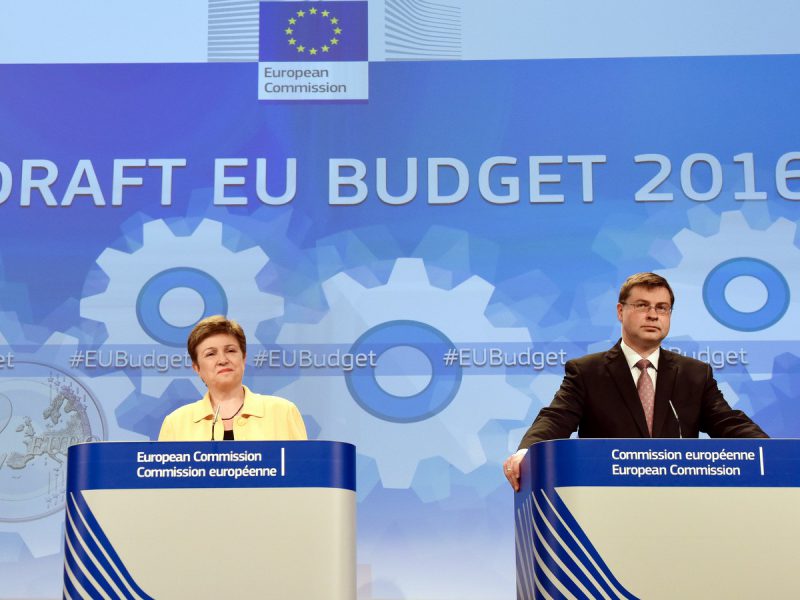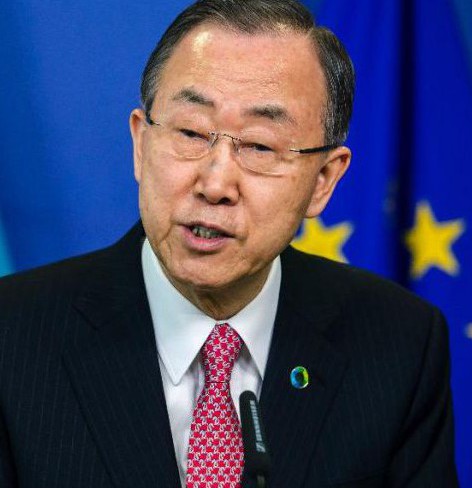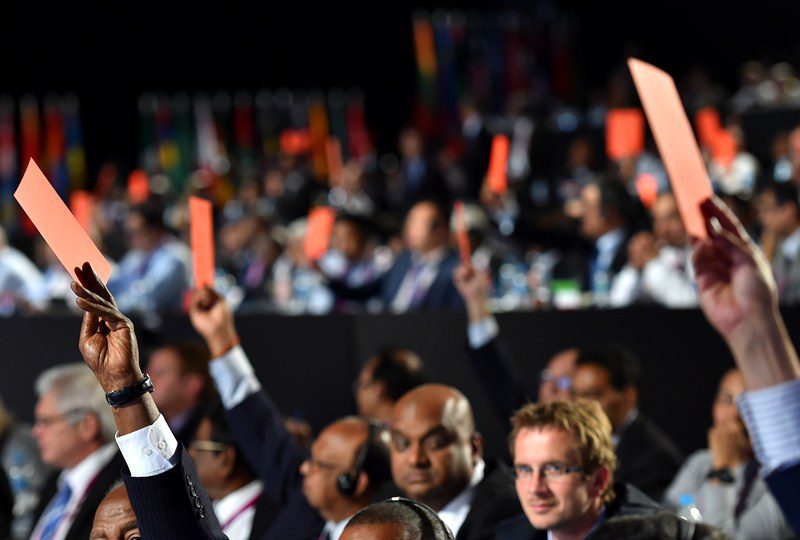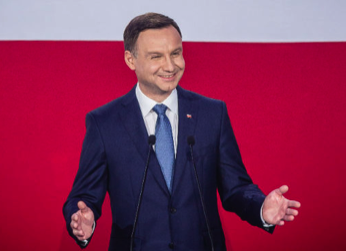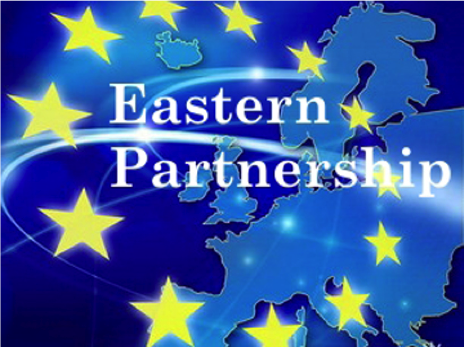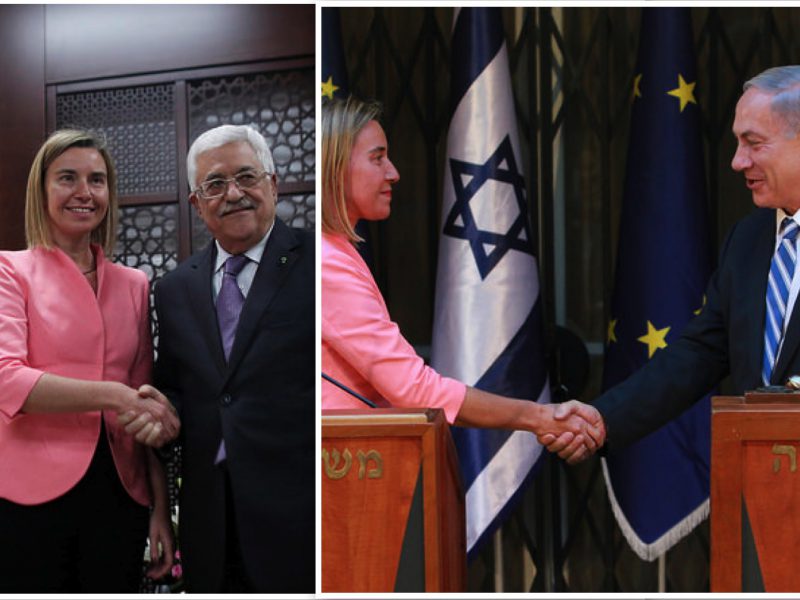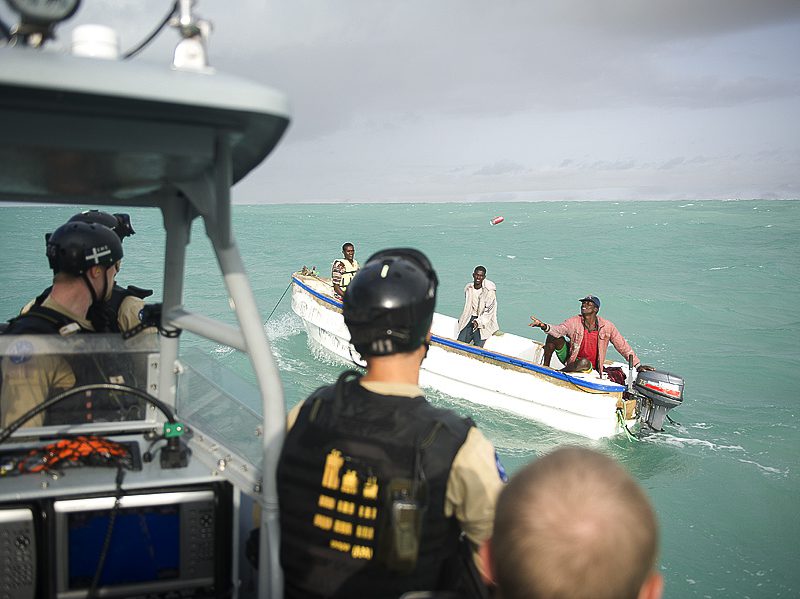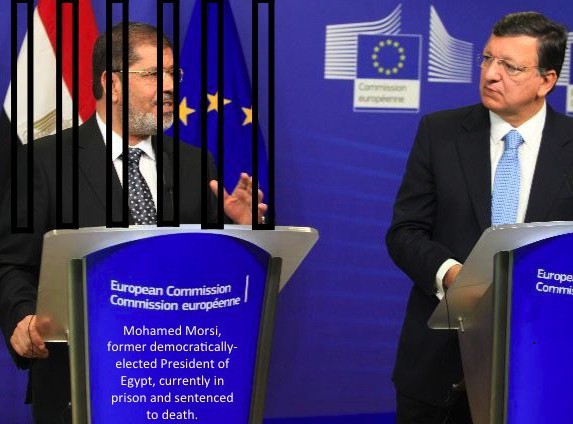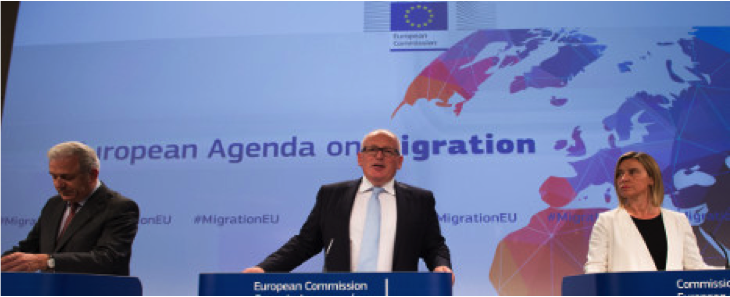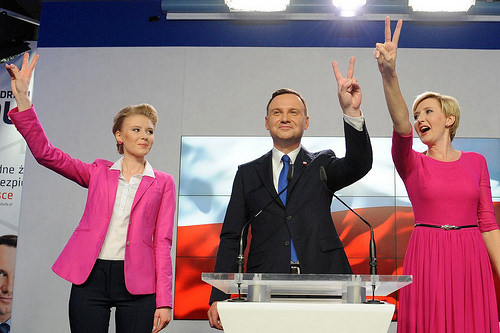Commission unveils draft budget for 2016
On 27 May the European Commission presented its draft budget of €143.5 billion for 2016. The proposal, which requires approval from the EU Parliament and EU member states, focuses on creating jobs and growth, boosting innovation, dealing with the migration crisis, and further strengthening the EU’s role in the world. Spending hawks in Brussels and across the EU seemed pleased with the fact that the budget remains at the same level as for the current year. Kristalina Georgieva, Commission Vice-President for Budget and Human Resources, submitted the draft for approval. The Commission adopted the proposal as the first step in a procedure

